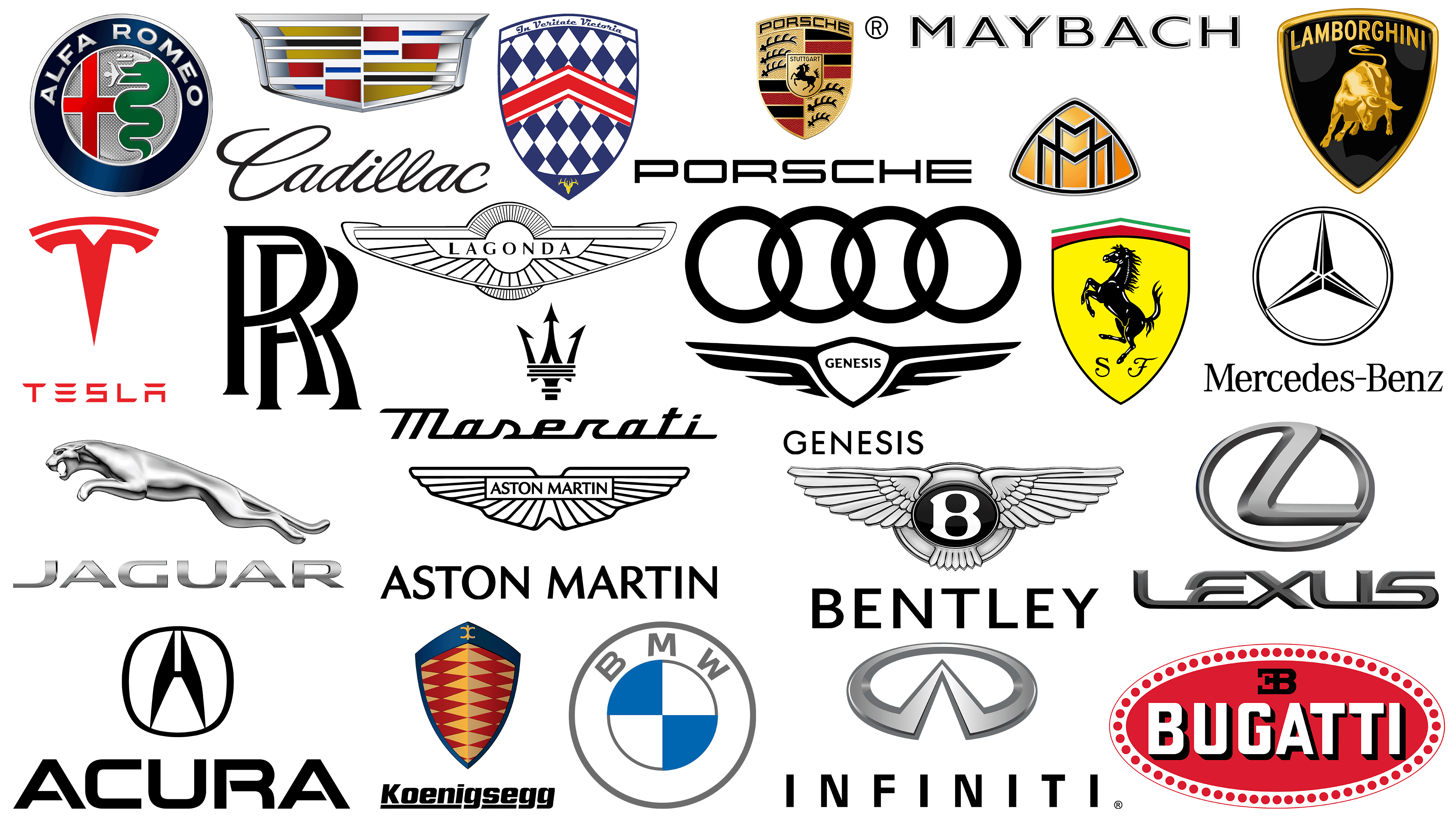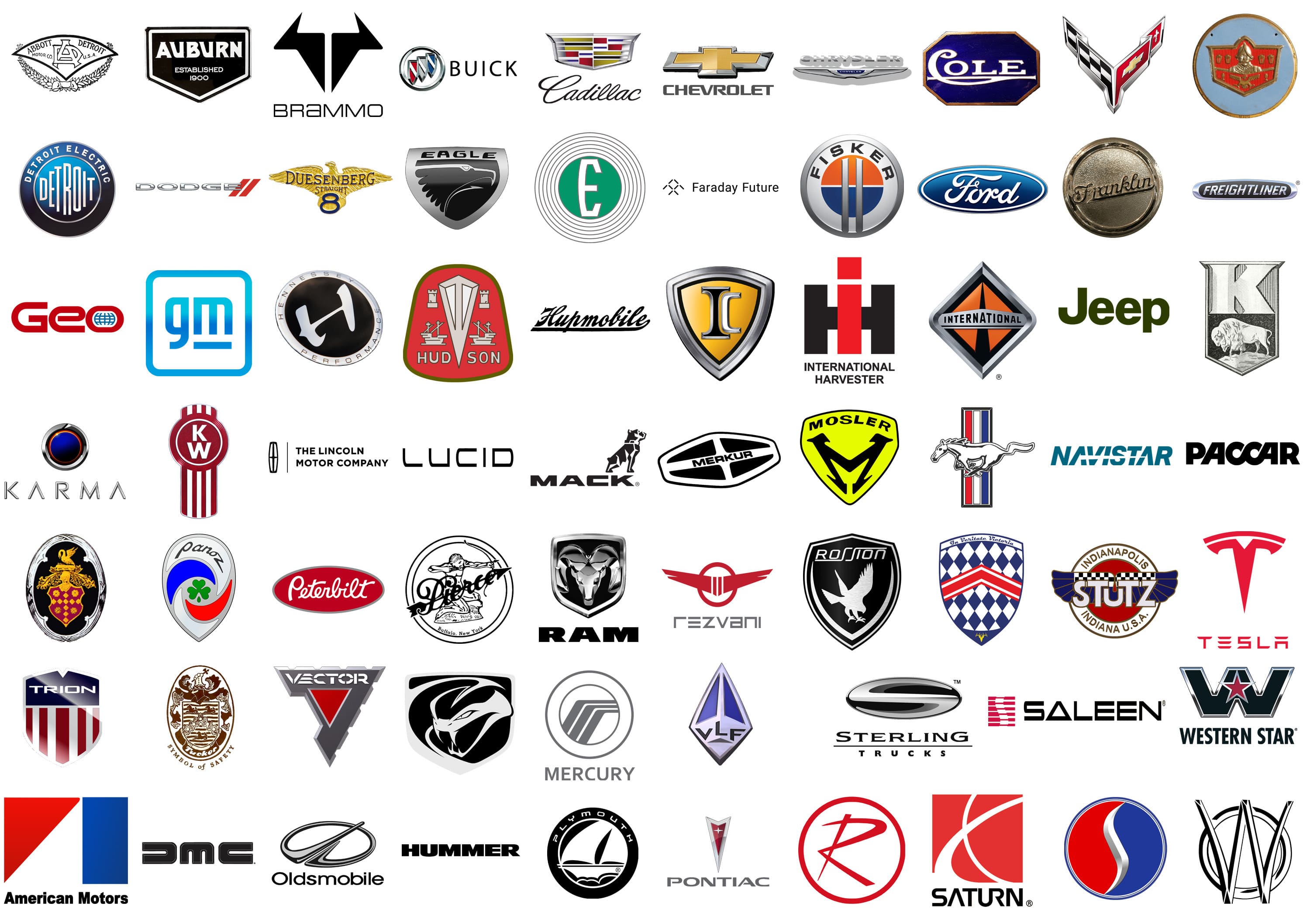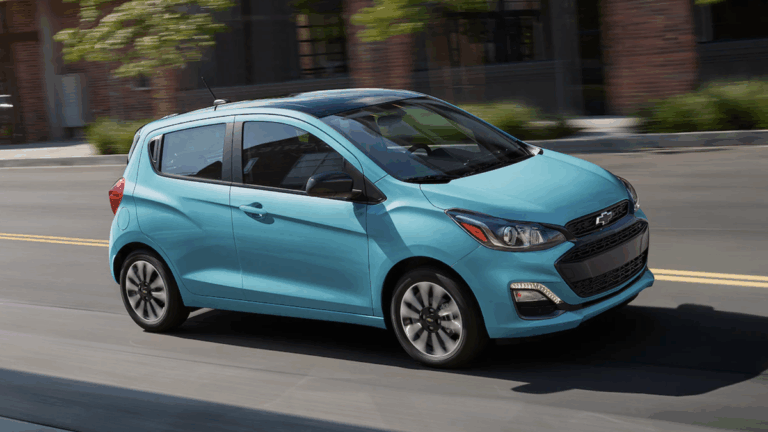Famous Luxury Car Brands: A Comprehensive Guide to Automotive Opulence
Famous Luxury Car Brands: A Comprehensive Guide to Automotive Opulence cars.truckstrend.com
The world of luxury automobiles is more than just transportation; it’s a realm where engineering prowess meets exquisite craftsmanship, where cutting-edge technology blends with unparalleled comfort, and where a vehicle becomes a profound statement of personal style and success. Famous luxury car brands represent the pinnacle of automotive excellence, offering an experience that transcends the ordinary, appealing to those who demand the absolute best in performance, design, and exclusivity.
This comprehensive guide delves into the essence of these prestigious marques, exploring what sets them apart, the iconic brands that dominate this exclusive market, and practical considerations for anyone aspiring to or simply admiring the world of high-end motoring.
Famous Luxury Car Brands: A Comprehensive Guide to Automotive Opulence
What Defines a Luxury Car?
Before exploring the brands themselves, it’s crucial to understand the characteristics that elevate a vehicle from mere premium to true luxury. It’s not solely about the price tag, though that is often a significant indicator. A luxury car embodies a holistic experience built upon several pillars:
- Exceptional Craftsmanship and Materials: Expect the finest leathers, real wood veneers, polished metals, and carbon fiber. Every stitch, panel gap, and surface finish is meticulously perfected.
- Superior Performance: While not always about raw speed, luxury cars offer powerful, refined engines, smooth transmissions, and sophisticated suspension systems that deliver an effortless and exhilarating driving experience.
- Cutting-Edge Technology: From advanced infotainment systems and driver-assistance features to innovative safety protocols and connectivity options, luxury vehicles are often pioneers in automotive innovation.
- Unparalleled Comfort and Refinement: Soundproofing, adaptive suspension, multi-zone climate control, massaging seats, and spacious interiors create an oasis of tranquility on the road.
- Exclusivity and Personalization: Many luxury brands offer bespoke customization options, allowing owners to tailor their vehicles to unique specifications, ensuring a sense of individuality.
- Brand Heritage and Prestige: A rich history, racing pedigree, and an association with success and discerning taste contribute significantly to a brand’s luxury status.
- Exceptional Service and Ownership Experience: This often includes dedicated concierge services, exclusive events, and white-glove treatment from dealerships.


The Pillars of Automotive Opulence: Iconic Luxury Car Brands
The landscape of luxury automobiles is populated by legendary names, each with its unique philosophy and appeal. Here are some of the most famous luxury car brands that have shaped and continue to define automotive excellence:
The Ultra-Luxury Epitome

Rolls-Royce: Synonymous with ultimate luxury, Rolls-Royce vehicles are not just cars; they are moving works of art, meticulously handcrafted to individual specifications. Known for their "Magic Carpet Ride" suspension, silent cabins, and iconic Spirit of Ecstasy mascot, models like the Phantom, Ghost, and Cullinan offer unparalleled opulence, bespoke options, and a sense of timeless grandeur.
-
Bentley: Blending opulent luxury with formidable performance, Bentley cars are celebrated for their distinctive British elegance and powerful W12 or V8 engines. Models such as the Continental GT, Flying Spur, and Bentayga SUV offer a dynamic driving experience wrapped in exquisite interiors featuring diamond-quilted leather, polished wood, and knurled metal finishes.
The Executive & Performance Luxury Stalwarts
-
Mercedes-Benz: A pioneer in automotive engineering, Mercedes-Benz defines executive luxury with its blend of sophisticated design, groundbreaking technology, and supreme comfort. The S-Class is often considered the benchmark for luxury sedans, while their AMG performance division offers exhilarating power. The ultra-luxurious Maybach sub-brand elevates the experience even further.
-
BMW: Known for its "Ultimate Driving Machine" philosophy, BMW combines sporty dynamics with luxurious comfort and advanced technology. The 7 Series sedan and 8 Series coupe represent the pinnacle of their luxury offerings, providing engaging driving experiences without compromising on interior refinement, cutting-edge infotainment, and driver assistance systems.
-
Audi: Characterized by its sophisticated design, quattro all-wheel-drive system, and "Vorsprung durch Technik" (Progress through Technology) motto, Audi delivers a modern and refined luxury experience. The A8 sedan, Q7 and Q8 SUVs, and performance-oriented RS models exemplify their commitment to sleek aesthetics, advanced digital cockpits, and powerful yet efficient powertrains.
-
Lexus: Toyota’s luxury arm, Lexus, has built a formidable reputation for its exceptional reliability, serene cabins, and meticulous attention to detail. Models like the LS sedan and LX SUV offer a supremely comfortable and quiet ride, coupled with advanced hybrid technology, intuitive interfaces, and a focus on unparalleled customer service.
-
Porsche: While primarily known for its sports cars, Porsche’s blend of everyday usability, iconic design, and thrilling performance places it firmly in the luxury segment. The 911, Panamera, Cayenne, and Taycan (electric) offer a unique combination of driving exhilaration, premium materials, and surprising comfort for a performance-oriented brand.
The Exotic & Supercar Luxury Icons
-
Ferrari: The epitome of Italian passion and racing heritage, Ferrari produces high-performance sports cars that are works of art. Known for their powerful V8 and V12 engines, distinctive Rosso Corsa red, and limited production numbers, models like the 296 GTB, SF90 Stradale, and Portofino offer an exhilarating driving experience and unparalleled exclusivity.
-
Lamborghini: For those who crave audacious design and raw power, Lamborghini delivers. With aggressive styling, roaring V10 and V12 engines, and bold color palettes, cars like the Huracán, Aventador, and Urus SUV make an unmistakable statement, embodying the spirit of untamed performance and exotic luxury.
-
Aston Martin: Representing quintessential British elegance and sporting prowess, Aston Martin cars are celebrated for their beautiful designs, handcrafted interiors, and powerful engines. Made famous by James Bond, models such as the DB11, Vantage, and DBS offer a unique blend of sophisticated luxury, exhilarating performance, and timeless appeal.
The Allure of Ownership: Benefits and Considerations
Owning a luxury car offers a unique set of advantages and requires careful consideration of potential challenges.
Benefits:
- Status and Prestige: A luxury car often serves as a powerful symbol of success, accomplishment, and refined taste.
- Superior Comfort and Ride Quality: Advanced suspensions, premium seating, and sound insulation ensure a supremely comfortable journey, even on long drives.
- Cutting-Edge Technology and Safety: Owners benefit from the latest infotainment systems, connectivity features, advanced driver-assistance systems (ADAS), and robust safety structures.
- Exhilarating Performance: Powerful engines, precise handling, and responsive transmissions provide an engaging and thrilling driving experience.
- Exceptional Build Quality and Materials: The meticulous craftsmanship and use of high-grade materials ensure durability and a lasting sense of luxury.
- Enhanced Ownership Experience: Many luxury brands offer personalized services, exclusive events, and a high level of customer care.
Considerations and Potential Challenges:
- High Purchase Price: The initial investment is significantly higher than that of mass-market vehicles.
- Higher Operating Costs: This includes increased insurance premiums, often higher fuel consumption, and more expensive parts and labor for maintenance and repairs.
- Depreciation: While some rare models might appreciate, most luxury cars generally depreciate faster than their mass-market counterparts, especially in the first few years.
- Complexity: The advanced technology can sometimes lead to more complex and costly repairs.
- Exclusivity: While a benefit, for some ultra-luxury models, long waiting lists or limited production can make acquisition challenging.
Navigating the Luxury Market: Tips for Prospective Buyers
For those considering a luxury vehicle, a thoughtful approach can ensure a satisfying experience:
- Define Your Priorities: Are you seeking ultimate comfort, exhilarating performance, cutting-edge technology, or a blend of all? Your lifestyle and driving habits should guide your choice.
- New vs. Pre-owned: A certified pre-owned (CPO) luxury car can offer significant savings while still providing warranty coverage and the peace of mind of a dealer inspection. Depreciation hits hardest in the first few years, making CPO an attractive option.
- Leasing vs. Buying: Leasing offers lower monthly payments and the flexibility to drive a new model every few years, avoiding long-term maintenance costs and depreciation concerns. Buying provides ownership and no mileage restrictions.
- Thorough Research: Dive deep into reviews, reliability reports, and owner forums for your desired models. Understand common issues and typical running costs.
- Extensive Test Drive: Spend ample time driving the car in various conditions. Pay attention to comfort, ergonomics, technology interface, and how it handles your typical driving scenarios.
- Consider Total Cost of Ownership: Beyond the purchase price, factor in insurance, maintenance plans, fuel costs, and potential depreciation.
- Service Network and Reputation: Research the dealership’s service reputation. A good luxury car ownership experience is heavily reliant on excellent after-sales support.
- Bespoke Options: If buying new, explore the extensive customization options. This is where a luxury car truly becomes yours.
The Future of Luxury Automobiles
The luxury automotive segment is constantly evolving, driven by innovation and changing consumer demands:
- Electrification: Nearly every major luxury brand is introducing fully electric or hybrid models, combining silent power with sustainable performance. The transition to EVs is a major trend.
- Autonomous Driving: Advanced driver-assistance systems are paving the way for more autonomous capabilities, enhancing safety and reducing driver fatigue.
- Hyper-Personalization: The trend towards bespoke and unique vehicles will intensify, offering even more customization options.
- Sustainability: Luxury brands are increasingly focusing on sustainable materials, manufacturing processes, and carbon-neutral operations.
- Digital Integration: Seamless connectivity, advanced augmented reality displays, and over-the-air updates will become standard, transforming the in-car experience.
Famous Luxury Car Brands: Estimated Starting Price Table
Please note: Prices are highly approximate, vary significantly by region, specific model trim, optional features, and can change frequently. These are starting MSRPs for a representative luxury model in the brand’s lineup (USD, as of early 2024, for illustrative purposes).
| Brand | Representative Luxury Model | Estimated Starting Price Range (USD) | Key Characteristic |
|---|---|---|---|
| Rolls-Royce | Ghost | $350,000 – $400,000+ | Unparalleled opulence, bespoke craftsmanship, "Magic Carpet Ride" |
| Bentley | Continental GT | $250,000 – $300,000+ | British elegance, powerful performance, exquisite interiors |
| Mercedes-Benz | S-Class | $115,000 – $150,000+ | Executive comfort, advanced technology, refined engineering |
| BMW | 7 Series | $95,000 – $120,000+ | Driving dynamics, innovative tech, sporty luxury |
| Audi | A8 | $90,000 – $110,000+ | Sophisticated design, quattro AWD, digital integration |
| Lexus | LS | $80,000 – $100,000+ | Reliability, serene cabin, exceptional service |
| Porsche | Panamera | $95,000 – $150,000+ | Performance DNA, everyday usability, iconic design |
| Ferrari | Roma | $220,000 – $250,000+ | Pure performance, racing heritage, Italian passion |
| Lamborghini | Huracán | $250,000 – $300,000+ | Extreme design, raw power, exotic appeal |
| Aston Martin | Vantage | $150,000 – $200,000+ | British elegance, sporting prowess, Bond association |
Frequently Asked Questions (FAQ) about Famous Luxury Car Brands
Q1: What exactly makes a car "luxury" as opposed to just "premium"?
A1: While "premium" often refers to higher-end mainstream cars with better features and materials, "luxury" denotes a higher tier altogether. Luxury cars offer bespoke craftsmanship, exotic materials, groundbreaking technology, superior performance, an emphasis on unparalleled comfort and refinement, a strong brand heritage, and an exclusive ownership experience that goes beyond mere transportation.
Q2: Are luxury cars good investments?
A2: Generally, no. Most luxury cars, like all new vehicles, depreciate significantly, especially in the first few years. Their high purchase price and running costs mean they are typically consumption assets rather than investments. However, extremely rare, limited-edition, or historically significant models from certain brands (like Ferrari or classic Porsche) can appreciate over time, but this is the exception, not the rule.
Q3: What’s the most expensive luxury car brand?
A3: Rolls-Royce is consistently among the most expensive luxury car brands, especially when considering their bespoke customization options which can easily double or triple the base price. Brands like Bugatti and Koenigsegg, while producing extremely limited "hypercars," are in a class even above traditional luxury, often commanding multi-million dollar prices.
Q4: Do luxury cars require special maintenance?
A4: Yes, luxury cars often require specialized maintenance. They use proprietary parts, advanced diagnostic tools, and highly trained technicians. Service intervals might be similar to regular cars, but the cost of parts and labor is significantly higher. Many owners opt for extended warranty or service plans to manage these costs.
Q5: Can I lease a luxury car, and is it a good idea?
A5: Yes, leasing a luxury car is a very common and often advantageous option. It typically results in lower monthly payments compared to buying, allows you to drive a new model every few years, and avoids concerns about depreciation and long-term maintenance costs. It’s an excellent choice for those who enjoy having the latest models without the commitment of full ownership.
Conclusion
Famous luxury car brands stand as testaments to human ingenuity, pushing the boundaries of design, engineering, and craftsmanship. They are more than just vehicles; they are expressions of ambition, passion, and an unwavering commitment to excellence. From the serene opulence of a Rolls-Royce to the thrilling precision of a Porsche, each brand offers a unique interpretation of automotive luxury, catering to discerning tastes worldwide.
As the industry evolves with electrification and advanced technology, these iconic marques continue to innovate, ensuring that the allure of owning a truly exceptional automobile remains as strong as ever. For enthusiasts and prospective owners alike, the world of luxury cars is a captivating journey into the art of motion, where every drive is an experience to be savored.






